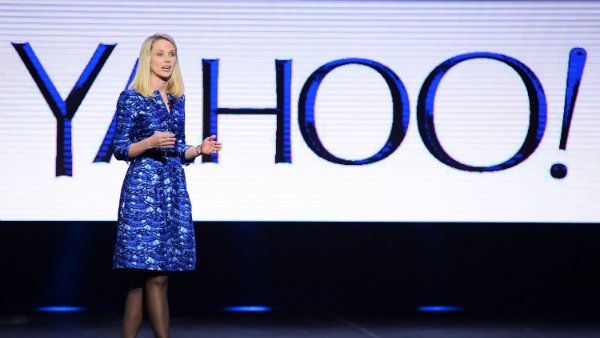Another Tech Company Says They Need To Work On Diversity
Facebook is just the latest tech company to release their employee's demographic data—and there's something off.


Workplace diversity is a hot button topic, espeicially in the longtime male-dominated field of technology and thanks to increasing pressure from consumers, more and more tech companies are releasing demographic details about their companies. Search engine giants Google and Yahoo were some of the first to release their diversity numbers, and now Facebook is following in their wake. As you may expect, the numbers are pretty weak—the percent of women employed by the social media giant's doesn't even reach a third of the company at just 31 percent.
The levels of diversity differ across the board at Facebook. When looking at non-tech-related jobs, the numbers are nearly equal: 53 percent male compared to 47 percent female. The numbers in tech jobs are much less balanced: just 15 percent of tech employees at Facebook are female. It doesn't get much better for those at the top: 77 percent of senior level employees are male. Facebook isn't the only social media company with an unbalanced workforce when it comes to gender: only 41 percent of professional network LinkedIn's employees are female.
Upon releasing these numbers, both companies admitted that they have a ways to go when it comes to diversity. On the plus side, both claim to be committed to making it happen. Facebook announced a number of initiatives, including partnering with organizations like Yes We Code, which aims to teach low opportunity youth how to code, as well as Girls Who Code, a non-profit that works to close the gender gap in technical fields.
But even tech companies that seem to be leading the way in terms of gender diversity don't have equal numbers. With a female CEO, Yahoo's Marissa Mayer differs from the Silicon Valley boy's club stereotype. While on the leadership front they may be ahead of the pack, the number of women in tech jobs at the company is just as abysmal as its competitors—only 15 percent of tech employees are female.
Perhaps the biggest reason for these recurring discrepancies? Not discrimination, but lack of women pursuing careers in science, technology, engineering and mathematics, or STEM, fields. In fact, when you look at the number of women in tech roles at Google, 17 percent versus the number of women enrolled in undergraduate computer science programs across the country, 18 percent, the numbers line up pretty well.
However, as the Verizon spot below shows, the lack of women studying STEM subjects and working in STEM professions is often born from discouraging attitudes from those around them, as evidenced by a startling stastic: 66 percent of 4th grade girls say they're interested in science and math, while as stated earlier, just 18 percent of undergraduate engineers are female. While the environment of tech industry, no doubt, has more strides to make in terms of gender diversity, getting more women excited about a career in science, technology, engineering or mathematics is a great place to start.
Related:
Get exclusive access to fashion and beauty trends, hot-off-the-press celebrity news, and more.
How the Pay Gap Affects You: Best States
The States That Have the Biggest Pay Gap for Women
Why You Should Care About Equal Pay
Want to Find Out What Your Co-Worker's Make?

I'm an Associate Editor at the Business of Fashion, where I edit and write stories about the fashion and beauty industries. Previously, I was the brand editor at Adweek, where I was the lead editor for Adweek's brand and retail coverage. Before my switch to business journalism, I was a writer/reporter at PEOPLE.com, where I wrote news posts, galleries and articles for PEOPLE magazine's website. My work has been published on TheAtlantic.com, ELLE.com, MarieClaire.com, PEOPLE.com, GoodHousekeeping.com and in Every Day with Rachael Ray. It has been syndicated by Cosmopolitan.com, TIME.com, TravelandLeisure.com and GoodHousekeeping.com, among other publications. Previously, I've worked at VOGUE.com, ELLE.com, and MarieClaire.com.